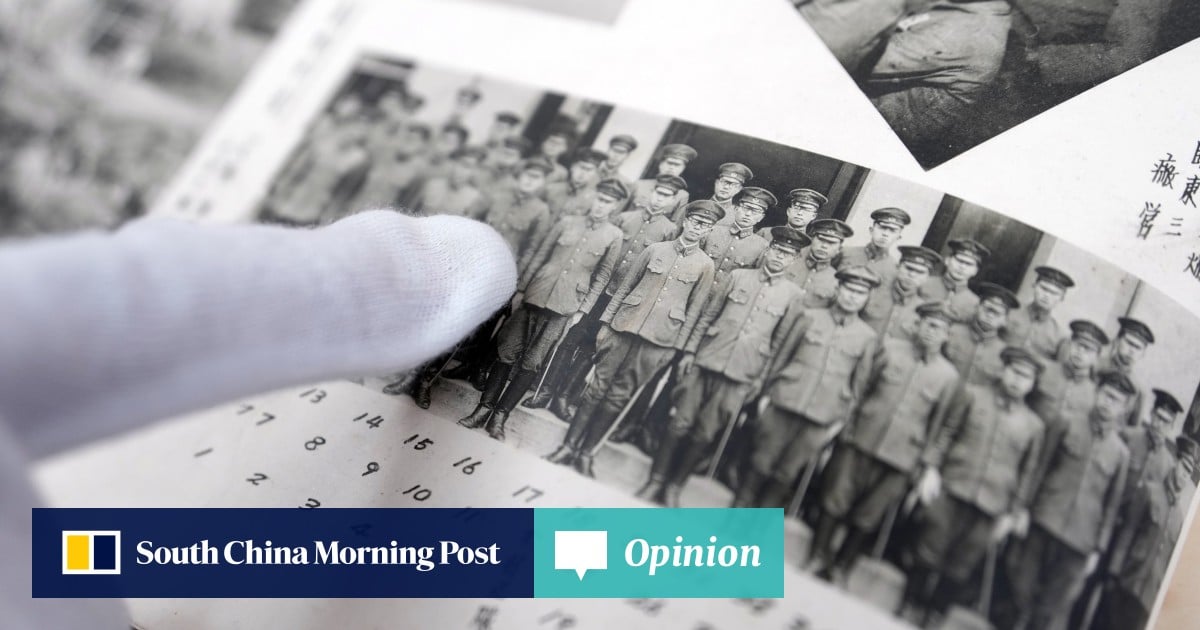The many memorials marking this year’s 80th anniversary of the end of the second world war culminate this week with China’s Victory Day. A military parade in Beijing on Wednesday and other activities, including in Hong Kong, mark the formal surrender of Japan’s army in China, ending the 14-year conflict which cost an estimated 35 million Chinese lives.
This follows ceremonies around the world, from the poignant to the patriotic, commemorating the conclusion of the war in Europe in May and the announcement of Japan’s capitulation on August 15.
Such events, often attended by dwindling numbers of very old veterans, serve the important purpose of remembering the sacrifices made to secure victory and bring peace.
Sadly, the horror of war has not been consigned to the history books. The scenes of devastation in Gaza and last week’s drone and missile attacks on Kyiv leave us in no doubt about that. The post-war world order, intended to bring lasting peace and security, has failed to either prevent or stop the carnage.
Meanwhile, this month’s 80th anniversary of the dropping of atomic bombs on Japan, ultimately killing around 200,000 people, highlighted the continued threat posed by nuclear weapons.
The need for nations to work together, easing tensions and establishing peace should be the one, powerful, message that emerges from this summer’s commemorations.
This weekend marks a significant anniversary for Hong Kong. News of Japan’s surrender was followed by tension and uncertainty in the shattered city after three years and eight months of Japanese occupation.
